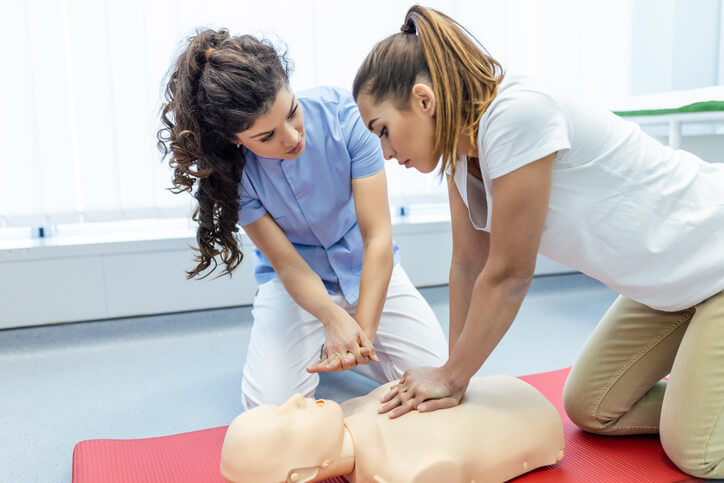
Effective communication is the backbone of quality healthcare. Yet, communication barriers remain a persistent challenge in healthcare settings, often leading to misunderstandings, errors, and compromised patient outcomes. If you’re interested in pursuing healthcare training, understanding and addressing these barriers is essential.
At Discovery Community College, we emphasize fostering strong communication skills to prepare students for the complexities of healthcare environments, ensuring they are equipped to provide exceptional care to diverse patients.
Causes of Communication Barriers in Healthcare
Healthcare settings are inherently complex. Patients come from varied cultural, linguistic, and socioeconomic backgrounds, each bringing unique communication challenges.
- Language Differences: Patients may struggle to express health concerns due to language barriers.
- Cultural Differences: Cultural perceptions can affect how symptoms are described, leading to misunderstandings.
- Emotional Factors: Fear, stress, or embarrassment can prevent patients from sharing crucial health information.
- Medical Jargon: Technical terms used by healthcare professionals can confuse patients.
- Physical Barriers: Hearing or speech impairments can complicate communication.
Steps to Overcome Communication Barriers
Healthcare professionals can adopt several strategies to mitigate communication barriers and enhance patient understanding:
- Active Listening:
- Pay close attention to a patient’s words, tone, and body language to understand their concerns.
- Show compassion and patience to make patients feel valued and heard.
- Use of Clear Language:
- Avoid medical jargon; explain diagnoses and treatments in simple, easy-to-understand terms.
- Cultural Sensitivity:
- Understand and respect cultural differences to create an inclusive, comfortable environment for patients.
- Use Interpreters or Translation Tools:
- Employ interpreters or tools to overcome significant language barriers and ensure patients understand their care plans.
- Education and Training:
- Participate in training programs that focus on interpersonal skills, empathy, and cultural awareness to improve patient communication.
These steps are foundational, but effective healthcare training is essential to help healthcare providers consistently apply these skills in practice.

How Our Healthcare Training Prepares You to Communicate Effectively
At DCC, we understand that effective communication is fundamental to success in healthcare careers. That’s why our career college programs are designed to equip students with the skills they need to navigate communication challenges with confidence and professionalism.
For instance, students in the Health Care Assistant program learn how to provide compassionate support to elderly, disabled, and chronically ill patients. Communication is a core component of this training, as students practice engaging with patients who may face emotional, physical, or cognitive barriers.
Similarly, the Practical Nurse program focuses on preparing students for fast-paced healthcare environments where clear communication can mean the difference between positive and adverse patient outcomes. By emphasizing active listening, empathy, and teamwork, the program ensures graduates are ready to meet the demands of the job.
For experienced healthcare workers, the Practical Nurse Access Program offers an opportunity to advance their careers while building on their existing communication skills. This program not only enhances technical knowledge but also strengthens interpersonal abilities, ensuring that students are well-prepared to provide comprehensive care.

The Role of Communication in Patient Outcomes
Effective communication goes beyond the immediate patient-provider interaction. Rather, it has a profound impact on overall patient outcomes. When patients feel understood and supported, they are more likely to adhere to treatment plans and maintain trust in their healthcare providers. This trust is particularly critical in long-term care settings, where ongoing communication fosters a sense of security and well-being for patients.
At Discovery Community College, our programs are tailored to help students recognize and address the unique needs of patients, empowering them to make a meaningful difference in their communities. With an aging population and a growing demand for healthcare professionals in British Columbia, there has never been a better time to pursue a career in this vital field.
Are you interested in our healthcare courses?
Contact Discovery Community College to learn more!

